The Dubai government has implemented significant measures to protect the rights of both tenants and landlords in the real estate sector. Tenants and landlords must understand the Dubai rental laws.
These laws help protect rights and set obligations for both rental parties. Let’s explore the tenancy rules in Dubai to help you stay informed and secure.

Dubai Rental Laws by RERA
Real Estate Regulatory Authority (RERA) has set the rental laws in Dubai. These laws help regulate the rental market and establish a good relation between tenants and landlords.
This is done by Law No. (33) of 2008 which amends Law No. (26) of 2007. This law applies to any leased property in the emirate. However, it excludes property provided free of rent for the accommodation of employees.
If you are new to Dubai, you can learn how to rent as a beginner and follow these rules to avoid any disputes.
Tenancy Contract
As stated by Article 4 of Law No. (33) of 2008, the purpose of the tenancy contract is to regulate the contractual relationship between landlord and tenant. The contract must point out all the terms and leave no room for misinterpretation or uncertainty.
Additionally, the tenancy contract must include the following details according to the Dubai rental laws:
- Details of the leased property
- Purpose of tenancy
- Term of the tenancy contract
- The rent decided between the landlord and tenant
- Payment method
- Name of the owner of the property (if the landlord is not the owner)
Once the contract terms have been set, register the tenancy contract with Ejari in Dubai. Ejari is an online registration system developed by RERA for recording tenancy contracts and regulating real estate lease and management.
Any future amendments to the tenancy contracts must also be made through Ejari. Besides, you must follow the checklist before signing a tenancy contract in Dubai.
Rent
Article 9 of Law No. (33) of 2008 states that the tenant and landlord must specify the rent in the tenancy contract. In case the rent is not specified, the tribunal will determine the rent based on the rent of similar properties in the neighbourhood. Also, you can use RERA rental calculator to find the average rent in different areas of Dubai.
This rent is decided based on these factors:
- The emirate’s overall economic condition
- Percentage of rent increase set by RERA
- Condition of the property
- Rent of similar property in the same area
The tribunal may also introduce other factors, if necessary. Plus, landlords can increase rent only if the rental price is
According to Article 13, The landlord and tenant can also agree and make amendments to the tenancy contract. This can be either to increase or decrease the initial rent or any terms stipulated in the contract.
If they fail to reach an agreement, the tribunal may then determine a fair rent by following the terms in Article 9. However, as per Article 14, the party who wishes to amend the terms must notify the other party 90 days before the date of expiry of the tenancy contract.
Explore Apartments to Rent in Dubai
-
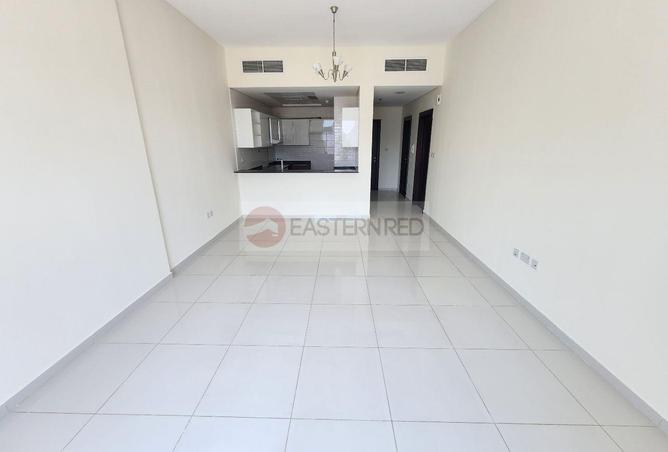
Apartment
Listed 2 days ago
63,000 AED/year
LAST UNIT LEFT - READY TO MOVE IN - DEWA ONLY AC!!
Sandy Garden, International City Phase 2, Al Warsan 4, Al Warsan, Dubai
1
2
958 sqft
-
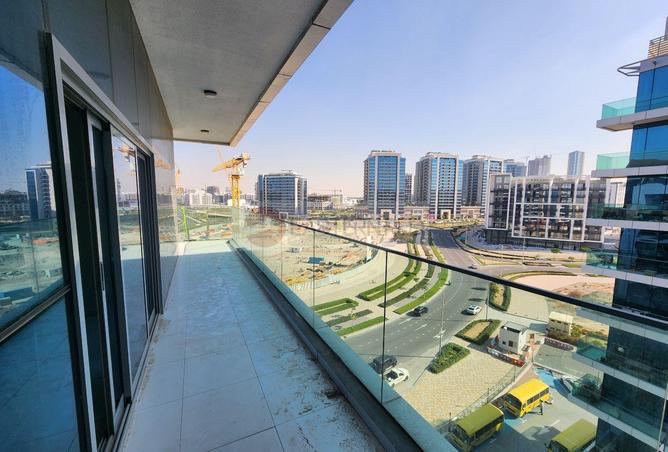
Apartment
Listed 5 days ago
63,000 AED/year
DEWA ONLY AC - READY TO MOVE IN - LAST UNIT LEFT!!
Flamingo Z2 Tower, Arjan, Dubai
1
2
866 sqft
-
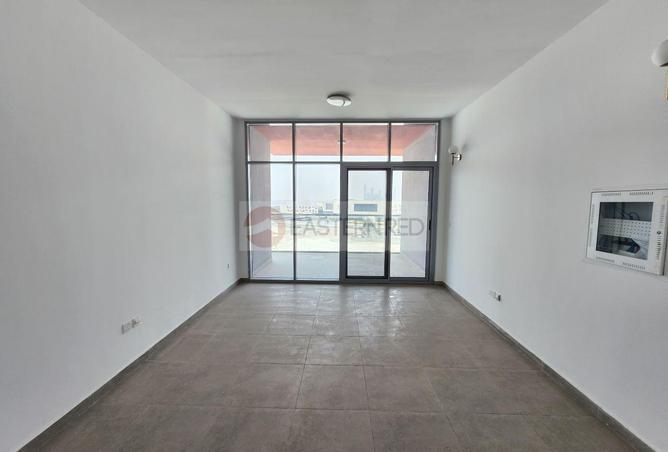
Apartment
Listed 1 week ago
85,000 AED/year
OPP CREEK HARBOUR - LAST UNIT LEFT - READY TO MOVE
Eastern Star Residence, Al Jaddaf, Dubai
2
2
1,017 sqft
-
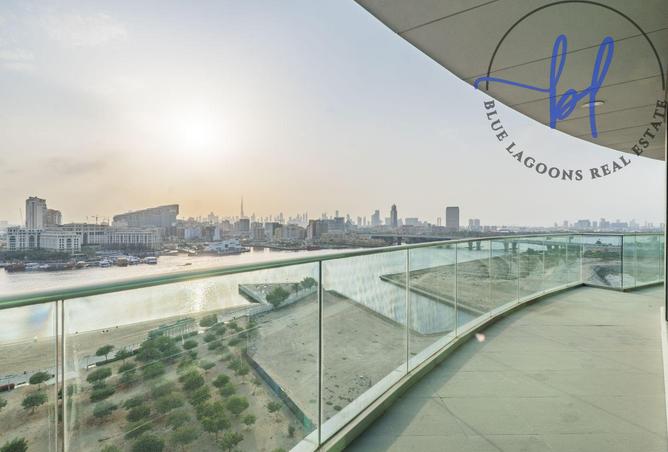
Apartment
Listed 1 day ago
190,000 AED/year
Inviting Creek Views | Family Dream Home | Vacant
Marsa Plaza, Dubai Festival City, Dubai
2
3
2,032 sqft
-
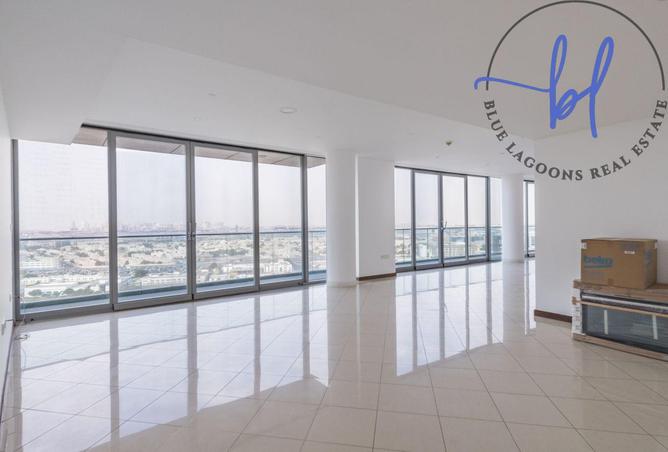
Apartment
Listed 1 day ago
385,000 AED/year
Private Terrace | Large Apartment | Vibrant Home
Marsa Plaza, Dubai Festival City, Dubai
3
5
4,032 sqft
-

Apartment
Listed 12 hours ago
150,000 AED/year
Exclusive Modern Residence I Burj Khalifa View
Celadon 1, Celadon, Central Park at City Walk, City Walk, Dubai
1
1
772 sqft
-

Apartment
Listed 1 day ago
1,100,000 AED/year
Contemporary Design | Ultra Luxury | Burj View
One Za'abeel The Residences, Zabeel 1, Zabeel, Dubai
3
5
2,436 sqft
-

Apartment
Listed 12 hours ago
250,000 AED/year
Elegant Home I Overlooking Central Park I Brand New
Celadon 1, Celadon, Central Park at City Walk, City Walk, Dubai
2
3
1,367 sqft
-
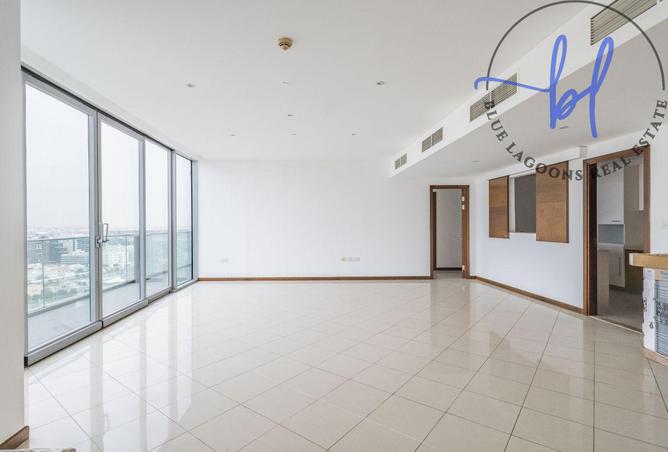
Apartment
Listed 3 days ago
285,000 AED/year
Creek Side Home | Wrap-around Balcony | Large Apt
Marsa Plaza, Dubai Festival City, Dubai
3
5
2,708 sqft
-
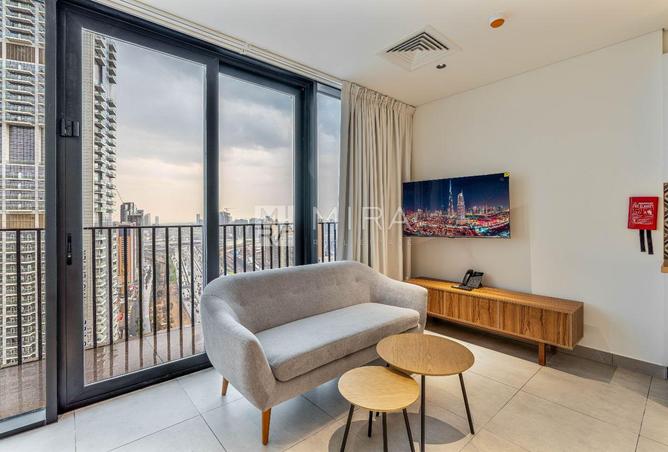
Apartment
Listed 3 days ago
66,150 AED/year
| Brand New | Community View | JVT
The Community, Jumeirah Village Triangle, Dubai
1
1
491 sqft

Eviction
Confused if the landlord can evict the tenant? There are two cases. The landlord is not allowed to evict the tenant before the date of expiry of the tenancy contract. However, Article 25 highlights conditions in which the landlord can evict the tenant before the expiry of the tenancy contract.
Tenants
There are certain cases for eviction according to the Dubai rental laws for the tenants:
- If the tenant has failed to pay rent 30 days after receiving the notice to pay. The landlord will provide the tenant with a notice through a notary or registered post.
- If the tenant sub-lets the property to a sub-tenant without the written consent of the landlord.
- The eviction would apply to both tenant and sub-tenant. However, the sub-tenant has the right to demand compensation from the tenant.
- If the tenant uses the property for illegal means or ways that threaten public peace and morals.
- If the tenant leaves the property unoccupied for 30 consecutive days with no prior notice. The tenant may also be evicted for leaving the property for 90 non-consecutive days in a single year unless otherwise agreed.
- If the tenant does anything to harm or damage the property, including allowing others to cause damage to the property.
- If the tenant uses the property for reasons other than what was specified in their tenancy contract.
- If the tenant uses the property in a way that violates the planning or construction regulations in the emirate.
- If the property is deemed unfit for use, in which case the landlord must prove this with a technical report by Dubai Municipality.
- If a tenant fails to perform an obligation within 30 days of receiving a notice to perform said obligation.
- If the government requires the demolition or reconstruction of property for urban development.
Landlords
If the tenancy contract has expired, the landlord may evict the tenant in the following circumstances:
- If the landlord wishes to demolish or reconstruct the property that renders it unusable for the tenant. The landlord must also obtain the required permits from relevant authorities.
- If the property requires extensive maintenance that requires the absence of the tenant. The landlord must verify the condition of the property through a technical report by Dubai Municipality.
- If the landlord requires the property for their use or the use of a close relative. The landlord must not own another property for this purpose in this case.
- If the landlord or property owner wishes to sell the property.
To safeguard the rights of the tenant, the landlord must notify the tenant of the reason for eviction 12 months before the eviction date. It applies to the purposes stated above, after the expiry of the tenancy contract.
Tenant’s Obligations
When it comes to tenancy rules in Dubai, the tenant must also adhere to the obligations specified by law. Articles 19, 20, 21, 22, 23 and 24 specify the obligations that a tenant must fulfil.
- Article 19 specifies that the tenant must be diligent with their rent and maintain the property. The tenant cannot make any changes, restoration or initiate maintenance unless given approval by the landlord. The tenant must also provide the required licences from the relevant authorities.
- Article 20 stipulates that the landlord may demand a security deposit from the tenant to ensure the safety of the property. The landlord must also return the deposit upon the expiry of the contract.
- According to Article 21, the tenant must return the property to the landlord in the initial condition it was received. This excludes any damage that is out of the tenant’s control.
- Article 22 demands that all taxes and fees be paid to the government entities and departments.
- Article 23 states that the tenant is not allowed to remove any improvements to the property they made after vacating unless agreed otherwise.
- Article 24 points out that a tenant cannot sublease a property to a sub-tenant unless written consent from the landlord is given.
FAQs
Yes. Once the tenancy contract expires, as a landlord, you can evict your tenant. As stated by Article 25, landlords can also evict tenants prior to the expiry of their tenancy contract, however, it is only allowed under certain conditions.
A 12-month notice period must be given for the tenant to vacate the rental property.
It’s essential to know and understand your rights and responsibilities when renting a property in Dubai. Additionally, tenancy rules in Dubai safeguard the rights of landlords and tenants by eliminating uncertainty during the rental process.
For more on buying and selling property in the Emirates, stay tuned to the Property Finder blogs.



